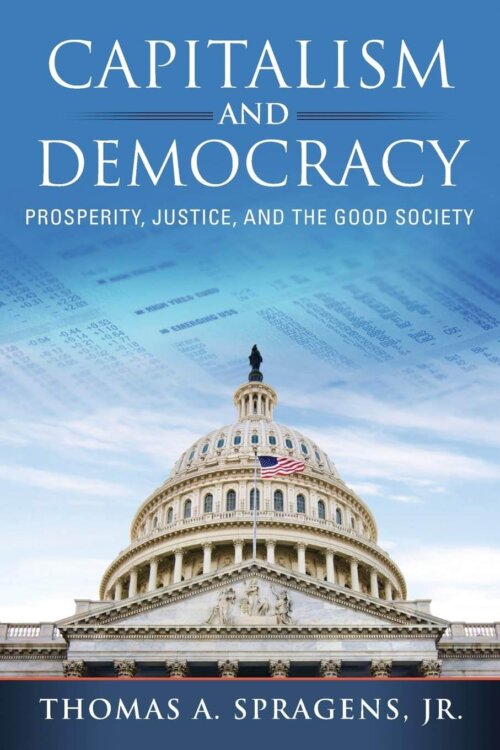Rev. John McNerney, PhD., is the First Michael Novak Distinguished Scholar at The Catholic University of America, USA. He is an elected international Fellow of the Institute for Human Ecology, Washington, DC. A published author his books include Wealth of Persons: Economics with a Human Face (Eugene, OR: Cascade Books) and John Paul II: Poet and Philosopher (New York: Continuum Press). Crossing the Threshold: Philosophical-Esthetic Elucidations on the Human Person and Myself as Another: Reflections on Who I Am are forthcoming.





